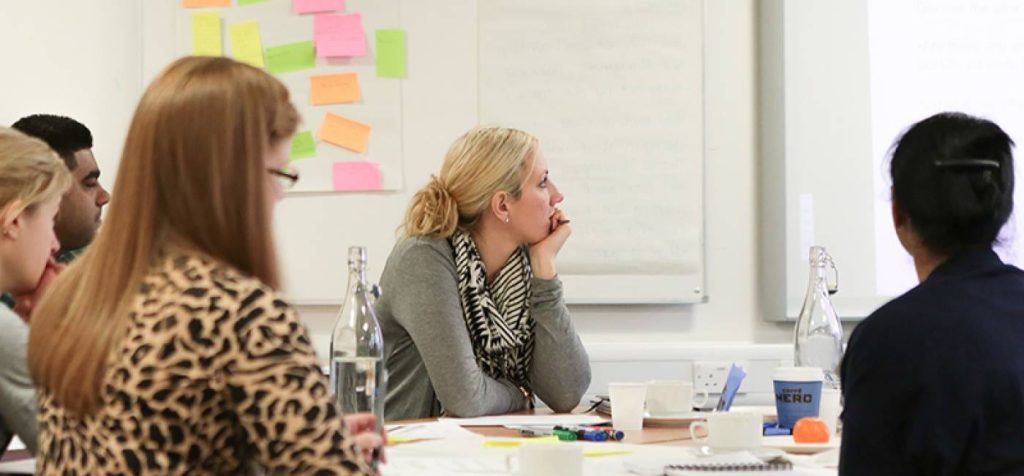SEND Green Paper: what kind of training would help professionals better support children and young people?
By Blog Editor, IOE Digital, on 4 October 2022

Photo: Jason Ilagan for UCL Faculty of Education and Society
Miriam McBreen and Jo Van Herwegen.
In our third blog post responding to the DFE’s Green Paper reviewing the Special Educational Needs and Disabilities (SEND) system, we consider what training the workforce needs so that practitioners are equipped to effectively support pupils with SEND. This involves considering the role of multiple educational professionals, including Special Education Needs Coordinators (SENCOs), teachers and teaching assistants (TAs).
SENCOs play a central role in supporting children with SEND. They coordinate children’s provision, help implement the graduated response to need, and work with key stakeholders around the child. SENCOs are currently required to have a Master’s level qualification and it is important that this qualification be maintained. It helps ensure that they have access to up-to-date research, develop critical engagement with current issues in the field, and become reflective in their practice. Indeed, Esposito and Carroll demonstrate a range of evidence that SENCOs are critically engaging with research at the (more…)
 Close
Close




